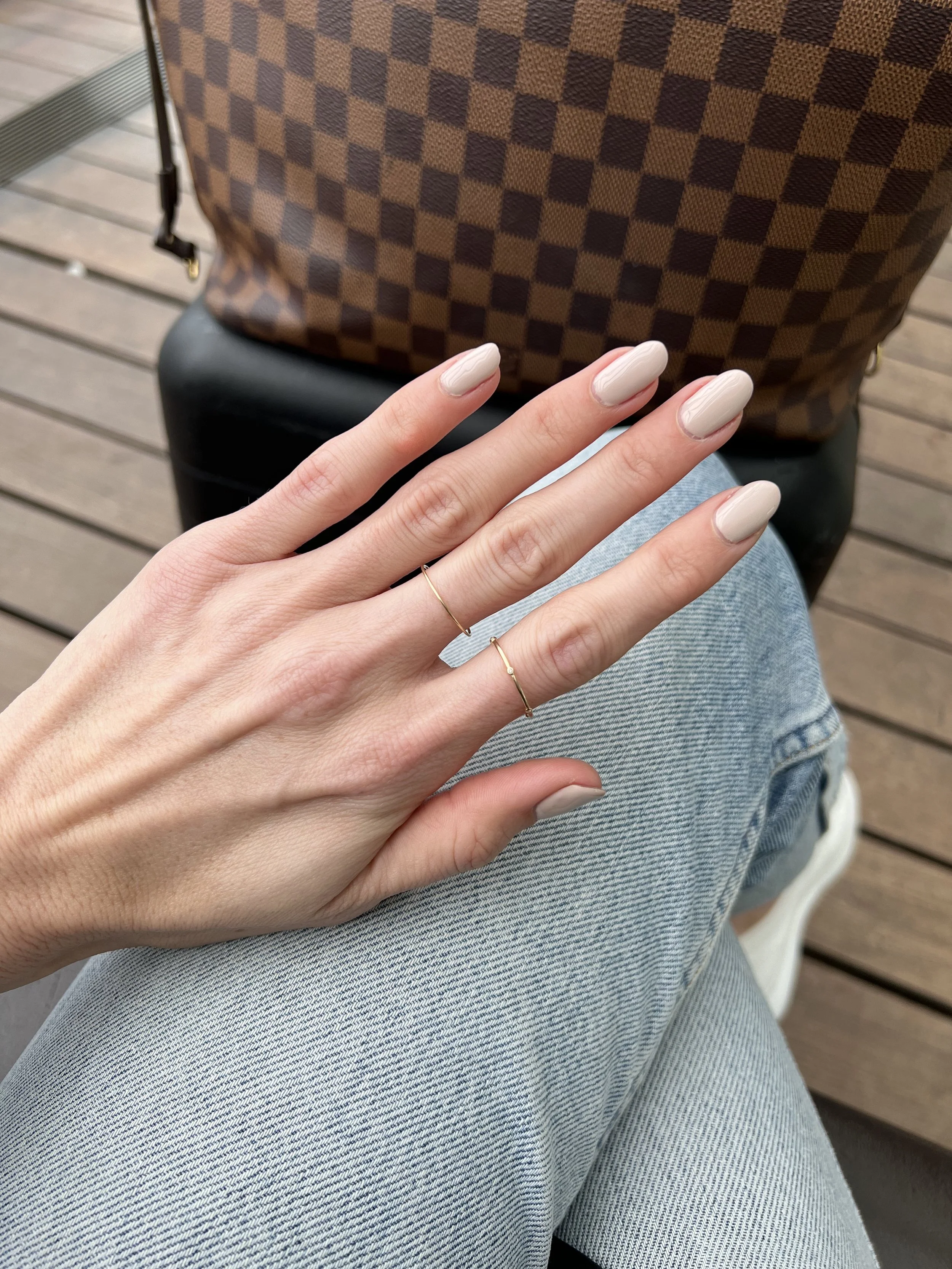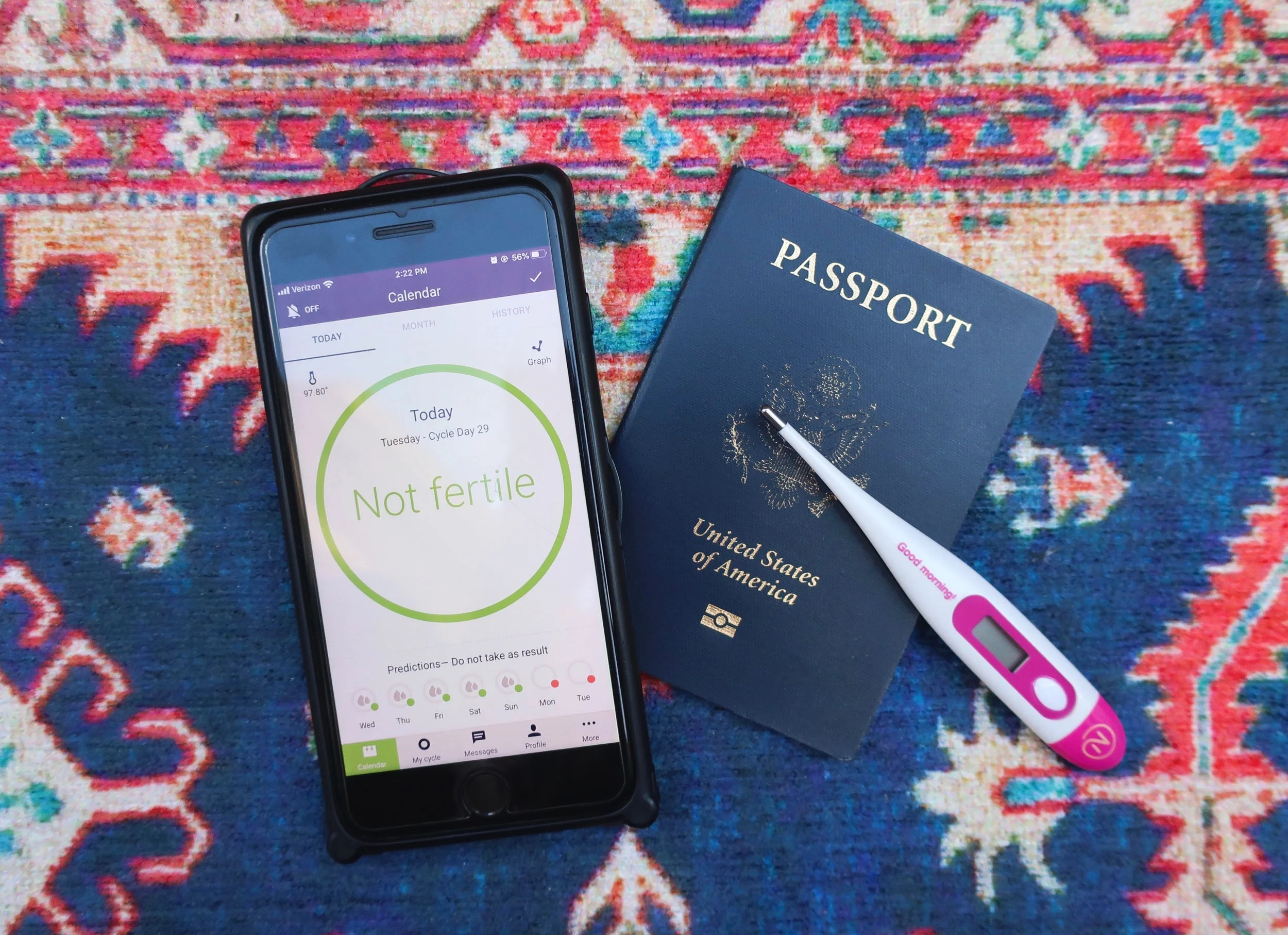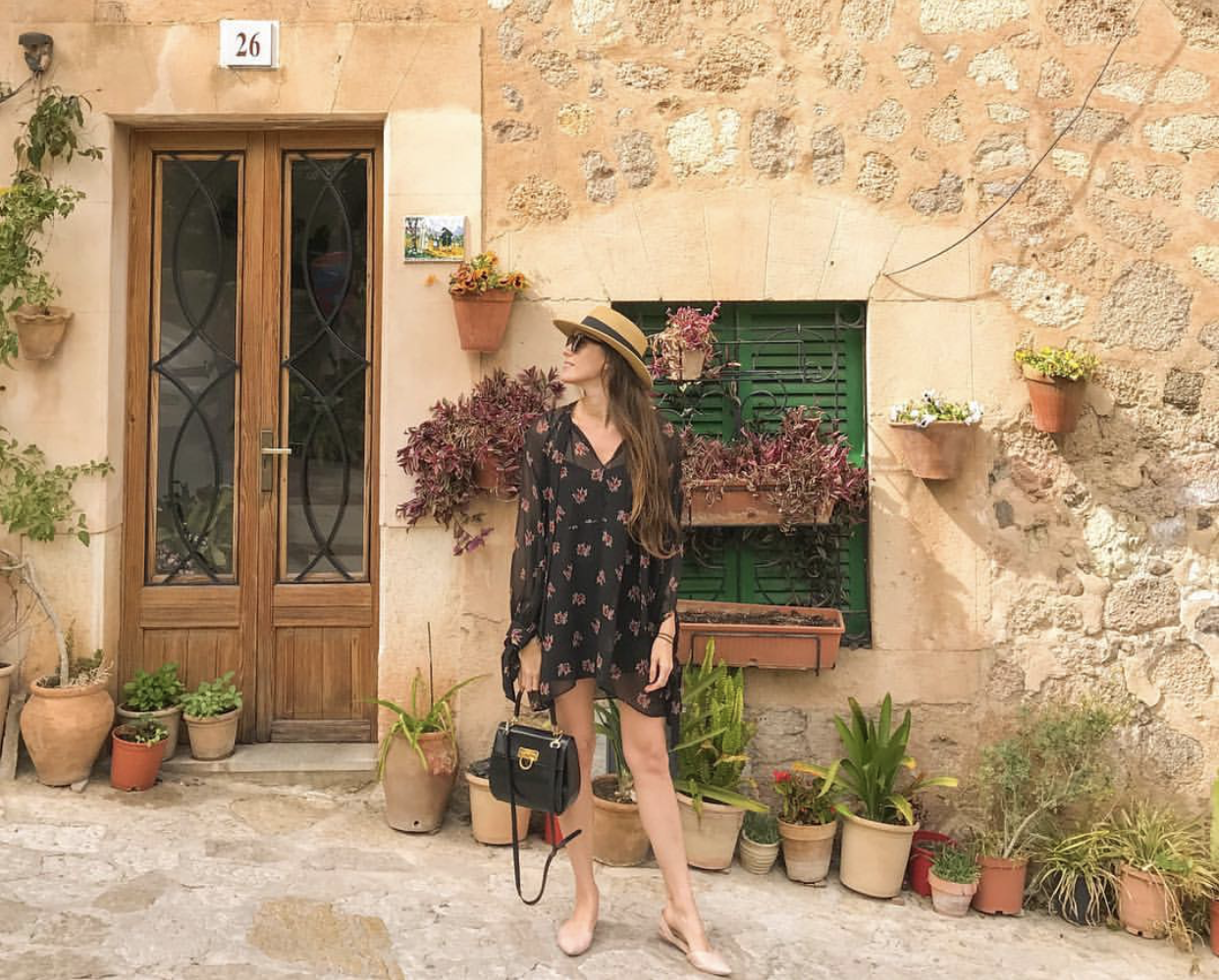How to Be a Conscious Consumer: My Personal Tips
/Living as a digital nomad for years and eventually moving abroad has taught me to downsize, declutter, and consume minimally.
The digital age and the world of social media have certainly inspired overconsumption, but there are many creative approaches to not fall into the trap. As someone who spends a lot of time online due to my work and personal interests, the onslaught of marketing, influencing, and promoting the sale or purchase of unnecessary items feels continuous, and sometimes overwhelming. I’ve found that exercising mindfulness is always a great first step.
Continue reading to discover my personal tips for being an intentional and conscious consumer, how I avoid making unnecessary purchases, and where I place value on the things and experiences that enrich my life.
1. Prioritize and invest in versatile items
My wardrobe naturally became considerably edited due to traveling for long periods of time. Because I was limited by the size of my suitcase (or sometimes just my carry-on luggage), I had to choose my clothing wisely and would gravitate toward versatile articles of clothing, shoes, and accessories that would work well for a variety of occasions. These articles became the core of my wardrobe, and I was easily able identify, edit out, and avoid buying other things that wouldn’t be versatile. What is considered a ‘core item’ could vary from person to person, but I like to think that a good rule of thumb– regardless of category– is to find stylish articles that could work for more formal or professional situations, but are comfortable enough to be worn every day.
2. Find higher quality items that last longer
I’ve found that in the long term, you truly spend less on fashion if you invest in higher quality items that last longer, as opposed to lower quality items that need to be replaced and purchased more often. It’s logical that higher quality items often come with a higher price tag and therefore a higher up-front cost, but there are solutions to save on quality items which I’ll touch on in more detail later in this article.
3. Be very intentional when shopping “fast-fashion”
Many guides that offer advice on conscious consumerism will often include a note to avoid fast-fashion, full-stop. While I agree that is a goal, I do know that finding balance within one’s own life and being realistic with expectations is always important to consider. Because price-points of fast-fashion are more accessible to a majority of people, it’s realistically a challenge to completely avoid. I would say a better rule would be to be very intentional about every item you buy, and avoid buying things you only intend to use once, regardless if they are fast-fashion or of high-quality. I personally limit my fast-fashion purchases to things like everyday basics (tank tops, leggings, socks, etc.) from places like Zara or Calzedonia, with the intention that I will wear them repeatedly, for years.
4. Shop second hand
One of the most practical ways to be a conscious consumer and find higher quality items at more approachable prices is to shop second hand. Platforms like Vestiaire Collective and TheRealReal are my personal favorites for second-hand and vintage clothing, shoes, and accessories. Rebag is another platform specifically for shoes and accessories. In many instances, I’ve been able to find second-hand designer clothing and dresses from TheRealReal at prices that are even lower than common fast-fashion brands. For second-hand and vintage homewares and furniture, I love platforms like Chairish, 1stDibs, and Selency.
5. Sell second hand
It’s normal for personal preferences to change over time, and part of being a conscious consumer is also contributing to the circular economy. There are many positive aspects of deciding to sell something that you no longer use: such as being more intentional about the things you own, extending the life of the item, and recouping the monetary value of something that would otherwise be worthless if it’s just sitting unused. Another advantage of shopping and re-selling mindfully is that higher quality items also tend to retain their value more-so than lower-quality items– sometimes if you resell a high-quality item that you only used a few times, you can break even or earn more on the exchange.
6. Consider rental services
I certainly understand that fashion is a form of self-expression, and depending on personal preferences or even line-of-work, it could be a priority for some to have a varied, inspiring, and exciting wardrobe. One clever way to achieve this without having to contribute to overconsumption is to subscribe to a rental service like Rent the Runway, which offers access to a library of high quality items. The system is win-win both for subscribers as well as for the items themselves, as they are able to be worn on more occasions by multiple people, therefore multiplying its usefulness.
7. Keep a written list of things you want or need
For me personally, this tip has been the most impactful when it comes to being mindful and intentional about my purchases. If I ever need something, or I come across something that catches my eye, instead of immediately buying it I will write it down in the journal where I keep my running daily and weekly to-do lists. Writing it down helps me be more mindful about the things that I truly want and need, and the first exercise of putting on a physical list helps me decide if it’s even worth writing down in the first place. Having a written reminder can also help me be more mindful about researching price-comparisons and seeing if the item exists on second-hand platforms.
As time goes on and I update my weekly and daily to-do lists, I can assess if it’s still important to me to continue including the said item in my journal. If I decide to not continue including it in my journal, I will know that it wasn’t important or essential and I can forget about it without regret. If I decide to continue including it in my journal as the days, weeks, or months progress, I will know that it is truly something I want and can purchase it without regret. This practice has also helped me avoid impulse purchases, as I have trained myself to never purchase anything that was not already on my list.
8. Don’t be easily influenced by promotions or influencers
By adhering to the method outlined in the previous point, you won’t be easily influenced by promotions, sales, advertisements, or influencers that push products that you don’t need. If you keep a written list of things that you want, you won’t be impulsively convinced to purchase something mindlessly. By following this method, I’ve trained myself to become repelled (sometimes even offended) by advertising language such as “This is the ____ you didn’t know you needed!”, or any urgency placed around promotional holidays like Amazon Prime Day or retailers’ Half-Yearly Sales.
I believe you can still be mindful and take advantage of promotions or discounts on items that you come across if they’re already on your lists. Another method I use specifically when it comes to Amazon Prime Day is to only purchase heavily-reduced items if they were already in my cart or in my list of items that were “Saved for Later”.
9. Consider digital souvenirs over physical souvenirs
As a traveler, I’ve understood and witnessed the practice of buying physical souvenirs just for the purpose of buying them, whether for yourself or for others. Because I personally had to prioritize traveling light, I re-trained myself to avoid purchasing souvenirs that would take up valuable space in my luggage. I’ve learned to place more value in digital souvenirs like photos and in smaller-footprint souvenirs like postcards and stickers, and have been able to avoid purchasing physical things that I would not necessarily use or need.
10. Learn to value experiences over things
A general tip to avoid unnecessary purchases is to value experiences over things. While “buyer’s remorse” is a common phrase that describes the regret felt after buying something that wasn’t necessary, there is no equivalent phrase to express regret over travels or experiences. I think this is because all travel experiences are opportunities to learn and grow, regardless if they were positive or not. Getting into the habit of prioritizing experiences will naturally help you avoid purchasing unnecessary things, because your funds and energy will be spent elsewhere.
Are you looking for ideas on how to be a more conscious consumer and reduce clutter in your life, and have any questions about my experience practicing these tips? Let me know below in the comments!
This post contains affiliate links and at no cost to you, I may earn a commission which allows me to keep this site free for all readers. I only recommend properties, products, brands, and services that I personally use and believe in.




































